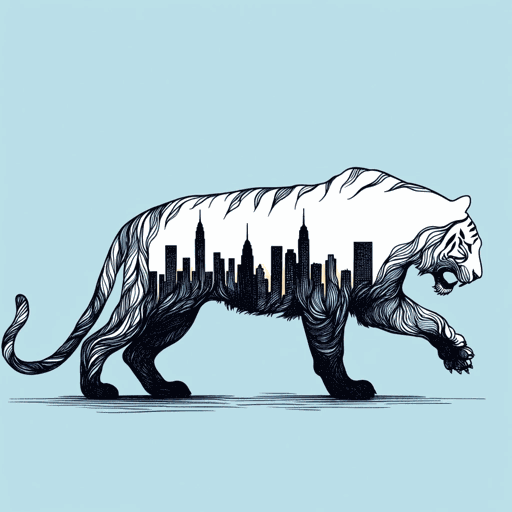18 pages • 36 minutes read
Claude McKayAmerica
Fiction | Poem | Adult | Published in 1921A modern alternative to SparkNotes and CliffsNotes, SuperSummary offers high-quality Study Guides with detailed chapter summaries and analysis of major themes, characters, and more.
Further Reading & Resources
Related Poems
“The Lynching” by Claude McKay (1920)
There was a resurgence in lynching of African Americans toward the end of the 1910s. The racist organization the Ku Klux Klan was revived in 1915, and this caused suffering for many Black people, especially in the South. In 1919, there were 76 lynchings in the United States, the highest in a decade. This is what prompted McKay to write the sonnet, “The Lynching,” which was published in Cambridge Magazine in 1920 and reprinted in McKay’s collection Harlem Shadows. The poem is about the lynching of a Black man. His corpse is still displayed the next morning, and crowds, including women and children, come to look. The women show no sorrow, and the boys (“lynchers that were to be” [Line 13]) joyfully run around the corpse. The victim is a Christlike figure; his spirit has risen to heaven, having been called home by his father. With its image of passive suffering, the sonnet is less militant in its approach than other sonnets by McKay, such as “If We Must Die.”
“The Tropics in New York” by Claude McKay (1920)
Not all of McKay’s poems are about racial oppression. A common theme in his work is nostalgia for his homeland in the Caribbean, which is often lovingly evoked as a kind of paradise and strongly contrasted with the busy, sometimes alienated life in the city.
Related Titles
By Claude McKay
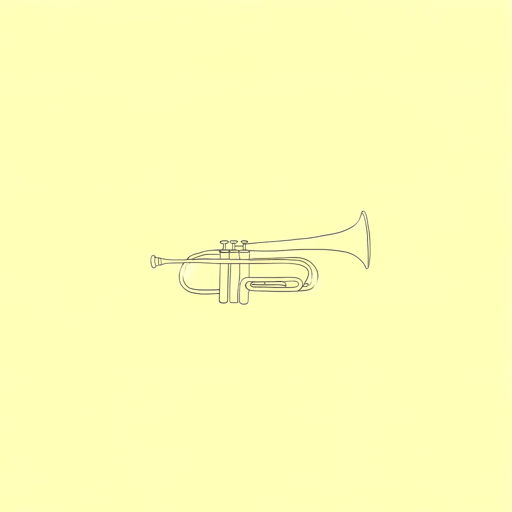
Home To Harlem
Claude McKay

If We Must Die
Claude McKay
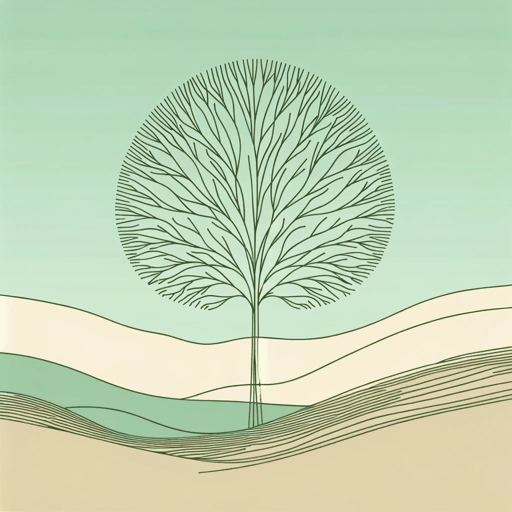
Joy in the Woods
Claude McKay

The Harlem Dancer
Claude McKay
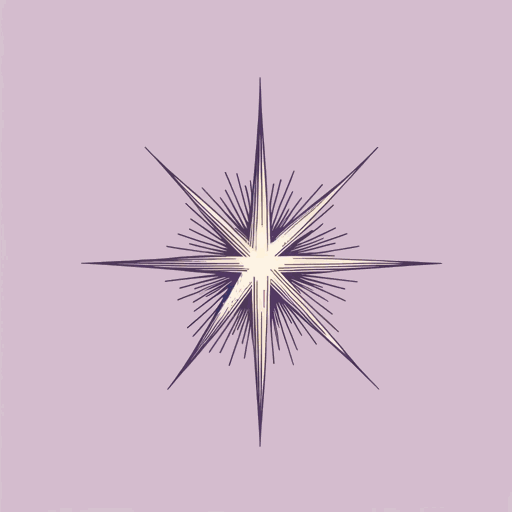
The Lynching
Claude McKay
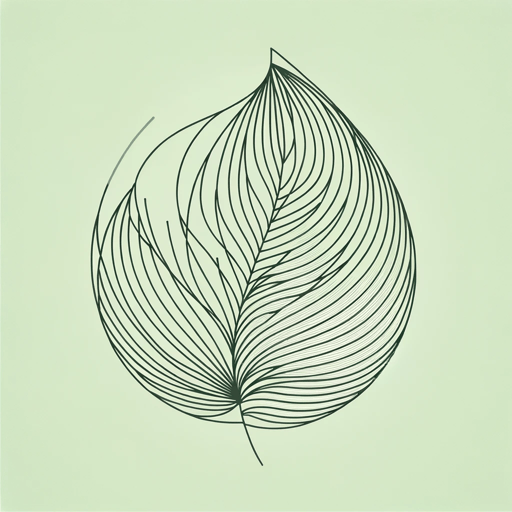
The Tropics in New York
Claude McKay

The White House
Claude McKay
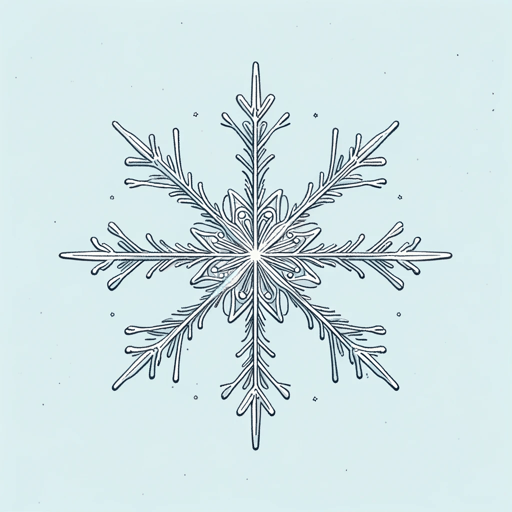
To One Coming North
Claude McKay
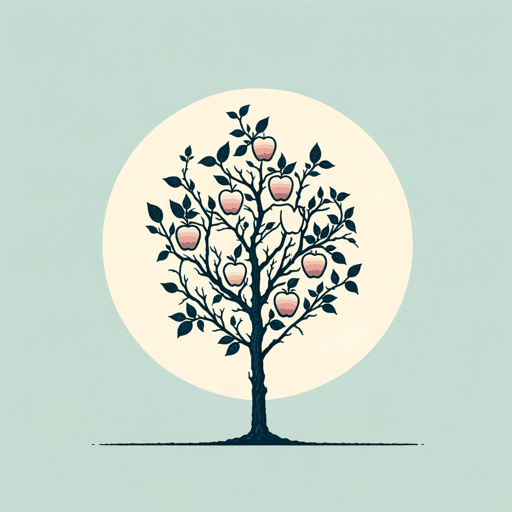
When Dawn Comes to the City
Claude McKay
